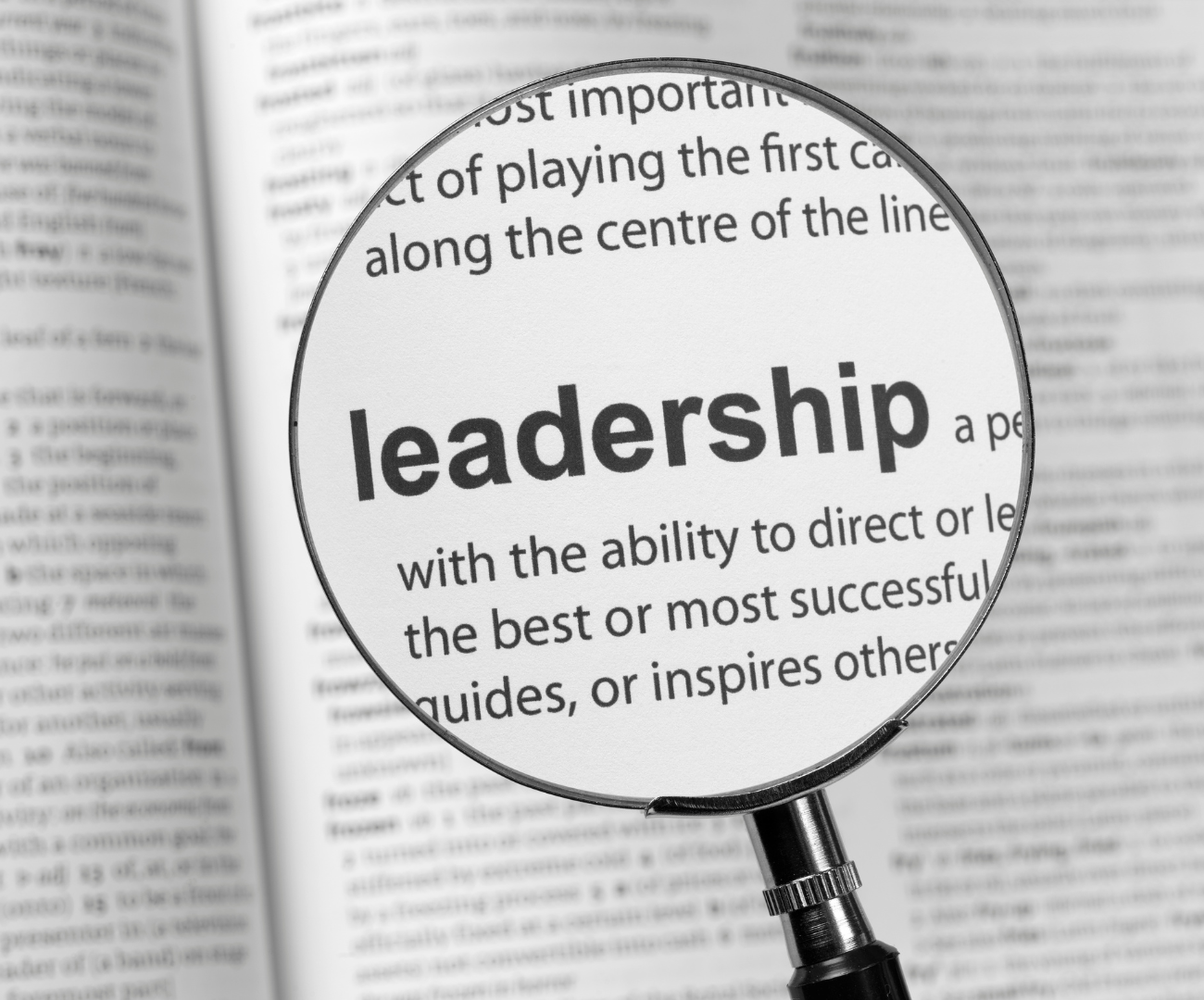In today's business world, the importance of soft leadership skills cannot be understated.
Without these essential skills, leaders will find it difficult to build trust and rapport with their team members, communicate effectively, and manage conflict.
As a result, their team's performance is likely to suffer and the overall morale may decline.
In extreme cases, a lack of soft leadership skills can even lead to a complete breakdown in the team dynamic.
Therefore, leaders need to learn and develop these critical skills to create a strong and cohesive team that can achieve great things.
In this article, you will learn all you need to know about soft leadership skills and more.
What Are Soft Leadership Skills?
One of the most important aspects of being a successful leader is having soft skills.
These are skills that enable you to interact effectively with other people, and they’re essential for building strong relationships.
Without soft skills, it’s difficult to gain the trust and respect of others, and you won’t be able to motivate or inspire them.
Important Skills Of Soft Leadership

Some of the most important soft leadership skills include communication, empathy, active listening, and problem-solving.
1. Communication
One of the most important skills for soft leadership is communication.
The ability to communicate effectively can help you to build relationships, resolve conflicts and achieve goals.
Good leaders know how to listen and understand what others are saying. They also know how to express themselves clearly and respectfully.
Communication involves more than just speaking and writing. It also includes non-verbal communication such as body language and facial expressions.
Paying attention to these cues can help you to understand how others are feeling and respond accordingly.
Leaders who are good communicators can build trust and credibility with those they work with.
They create an open and inclusive environment where everyone feels comfortable sharing their ideas and opinions.
This helps to promote creativity and collaboration within a team.
2. Empathy
One of the most important soft skills is empathy.
Empathy is the ability to understand and share the feelings of another person.
It is a vital skill for leaders because it allows them to build strong relationships with their team members, understand their needs and motivations, and create a positive work environment.
Empathy is more than just being able to read other people's emotions.
It also involves active listening, being present at the moment, and having a genuine interest in others.
Leaders who can empathize with their team members are more likely to gain their trust and respect. They will also be better equipped to handle conflict and resolve disputes effectively.
While empathy is often thought of as a natural ability, it is something that can be learned and developed over time.
3. Active Listening
Active listening is a soft skill that involves paying attention to what others are saying, both verbally and non-verbally, and then responding in a way that shows you understand.
This type of communication is important in all relationships, whether they're professional or personal.
When you're actively listening, you're not just hearing the words that are being said, but you're also taking in the speaker's body language, tone of voice, and other nonverbal cues.
This allows you to understand what they're trying to communicate, beyond just the words themselves.
Active listening requires you to be present at the moment and fully focused on the person who is speaking.
It's important to resist the urge to interrupt or offer your own opinion until the person is finished talking.
Once they've finished, repeat back what you heard them say to ensure understanding.
This skill can be difficult to master, but it's worth the effort because it can improve all of your relationships.
When you're an active listener, people feel heard and valued, which can lead to better communication overall.
4. Problem-Solving
Problem-solving is a leadership skill that is often overlooked but can be extremely helpful in a variety of situations.
For example, if you are managing a team and one of your employees comes to you with a problem, being able to quickly and efficiently solve that problem will show your team that you are capable of handling anything that comes your way.
Additionally, problem-solving skills can help you build trust with your team members as they see that you are willing and able to help them when they need it.
In today's business world, the ability to solve problems quickly and effectively is more important than ever before.
With the constantly changing landscape of the economy and the increasing complexity of businesses, having strong problem-solving skills can give you a major advantage over your competition.
If you can learn to identify problems early on and come up with creative solutions, you'll be well on your way to success.
If you want to be a successful leader, you must develop strong soft skills in leadership.
These skills for soft leadership will enable you to build strong relationships with others, communicate effectively, and solve problems efficiently.
Importance Of Soft Skills In Leadership

There are many reasons why soft skills in leadership are important.
1. Build Trust And Credibility
Soft skills for leadership are important for leaders to build trust and credibility with their team members.
These skills allow leaders to listen to their team members, understand their needs and concerns, and provide support when needed.
Additionally, they help leaders to create a positive working environment where team members feel valued and respected.
By developing strong skills, leaders can effectively motivate and inspire their team members to achieve success.
2. Effective Communication
Another reason why these skills are so important is that they help leaders effectively communicate with their team members.
When leaders can communicate effectively, they can better convey their expectations and vision for the team.
Additionally, effective communication can help to build trust and rapport between leaders and team members. This is essential for creating a cohesive and productive team.
3. Positive Work Culture
Leadership involves more than just telling people what to do. It also requires soft skills such as the ability to build relationships, communicate effectively, and create a positive work culture.
A positive work culture can improve employee morale, increase productivity, and reduce turnover.
It is therefore essential for leaders to create a positive work environment where employees feel valued and respected.
One way to create a positive work culture is by using leadership skills.
For example, leaders can build strong relationships with their team members by showing genuine interest in them and their work.
They can also communicate effectively to ensure that everyone is on the same page and working towards the same goal.
Lastly, they can create a positive reinforcement system to encourage employees to continue doing their best work.
When leaders use leadership skills to create a positive work culture, they are not only improving the workplace for their employees but also setting themselves up for success.
Leadership Myths To Bust

Many leadership myths can prevent people from becoming effective leaders.
1. Leaders Are Born, Not Made
One common myth is that leaders are born, not made.
This simply isn't true. While some people may have a natural propensity for leadership, everyone can learn to be an effective leader.
2. Leaders Must Be Extroverts
Another myth is that leaders must be extroverts. Again, this isn't necessarily true.
While extroverts may have an easier time networking and building relationships, introverts can also make great leaders.
What's important is that the leader can connect with and motivate their team.
3. Leaders Should Always Be In Charge.
One final leadership myth is that it is all about power and control.
In reality, good leaders know how to empower their team and create an environment where everyone can thrive.
Leaders also need to be able to compromise and work collaboratively towards a common goal.
Don't let these myths about leadership stop you from becoming the best leader you can be!
Manage Learning With Oreed
Oreed is an all-in-one platform that aims to change the way we learn.
With Oreed, you can enhance employee learning through several factors.
- You can have a 360-degree level of understanding of your employees
- This would help you gauge their training needs more comprehensively.
- You can then make evidence-based decisions for future training/courses based on the information on hand.
- Not only will we help you understand their training needs but we will also facilitate you with tailor-made training and courses.
- You can also evaluate the effectiveness and impact of your training/courses.
Promote lifelong learning through Oreed by experiencing the most powerful all-in-one training and development intelligent platform that streamlines all your organization's learning, training, and development activities in one place.
Book a demo with Oreed today to know more about what we have to offer.
Final Thoughts
When it comes to soft leadership skills, there are a few final thoughts to keep in mind.
First and foremost, remember that these skills are not just important for leaders, but for everyone in an organization.
Leaders should be able to set the tone and example for others to follow, but everyone has a role to play in developing and using these skills.
Second, don't underestimate the importance of emotional intelligence.
In today's business world, the ability to manage emotions and understand how others are feeling is more important than ever.
Leaders who can do this effectively can create a more positive and productive work environment for everyone.
Finally, remember that soft leadership skills are always evolving. As the business world changes, so do the needs of organizations and their employees.
Leaders who are open to learning new things and trying new approaches will be best positioned to succeed in the long run.
FAQs
1. What are soft skills in simple words?
Soft skills are a type of skill that refers to the ability to interact with other people in a way that is respectful, constructive, and effective.
They are sometimes also referred to as interpersonal or communication skills.
Some examples of soft skills include: being able to listen attentively, being able to have difficult conversations, being able to give feedback constructively, being able to manage conflict effectively, etc.
2. What are the 4 essential soft skills?
- Adaptability.
- Critical thinking.
- Time management.
- Problem-solving.





